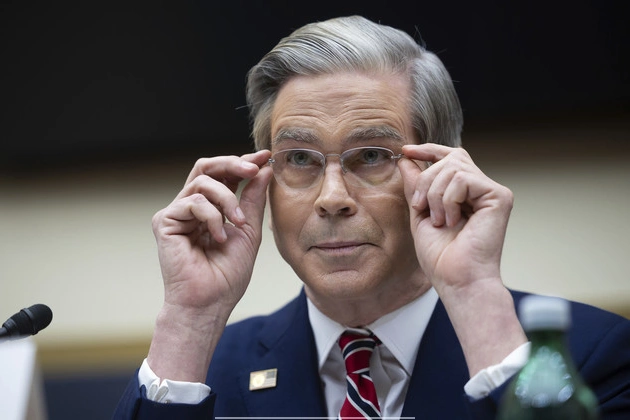
The United States and China have made substantial progress towards reaching a detente in their trade war, as Treasury Secretary Scott Bessent revealed. The talks held in Geneva, Switzerland aimed at lowering trade tensions, which have severely impacted commerce between the world’s two largest economies.
No concrete details of the agreements reached during the talks have been disclosed by the Trump administration. It remains uncertain whether the outcomes will lead to a prompt resumption of bilateral trade.
Productive Talks Set Tone for Future
Treasury Secretary Bessent stated, “We will be providing details soon, but I can confirm that the discussions were productive.” U.S. Trade Representative Jamieson Greer, who was also present at the talks, echoed Bessent’s sentiment by describing the two days as constructive.
President Trump, expressing optimism after the first day of talks on his social media platform, hinted at positive outcomes without delving into specifics. The efforts to engage China in negotiations have been ongoing since the early days of his administration.
Challenges and Progress in Negotiations
China’s response to U.S. tariffs has been measured, with retaliatory actions rather than immediate concessions. This has led to a back-and-forth escalation of trade barriers, making it economically burdensome for both nations.
Beijing has actively sought support from other global trading partners to counter the impact of tariffs imposed by the U.S. Chinese state media has portrayed China as upholding the rules-based global trading system, contrasting it with the U.S.’s stance.
Emily Kilcrease, a former deputy assistant U.S. trade representative, views the willingness of both sides to engage in dialogue positively. She emphasizes the importance of reducing tariff rates for a successful negotiation outcome.
Broader Implications of the Trade War
Tariffs are just one aspect of the broader U.S.-China trade conflict. Non-tariff barriers and restrictions on critical exports have added complexity to the dispute. Both nations have resorted to various tactics to exert pressure on each other.
The recent actions by the Chinese government to limit imports of key U.S. commodities and the U.S.’s response through increased docking fees reflect the multifaceted nature of the trade tensions.
As the negotiations progress, the international community is closely watching for signs of a breakthrough that could ease the trade war’s impact on the global economy.











